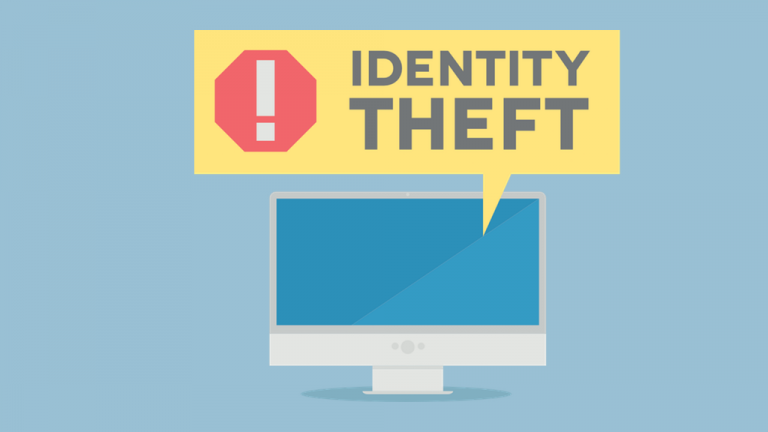Of all the crimes it’s possible to be a victim of, identity theft is one of the most unsettling. It’s personal in the creepiest way, and yet the victim and thief seldom ever meet. When cleaning up after an identity theft incident, you have the existentialist experience of going around proving to the social security department, banks, and other entities that you really are you this time. Damage to your credit rating impacts your financial standing regarding loans, mortgages, and leases. It’s a demoralizing experience that can leave you feeling violated.
Not to dramatize the point, but it’s not unheard-of for identity theft victims to even consider suicide. If you’re in this bind, you should realize that it’s more common than you think, and more people understand what you’re going through than you’ll even know. Many people fall victim to identity theft, but they all recover and get back to a normal life.
Adding to the issue, we all depend now on mobile phones and, to a large extent, mobile transactions. Even if we have a choice, it’s so much easier to pay your utility bills online rather than doing it through the mail and writing checks. But electronic transactions expose us all to that much more risk from phone fraud, computer fraud, and various data breaches. Thus, protecting yourself from identity theft involves being forewarned and forearmed.
Public Agency Help
Many institutions and corporations publish guidelines on data security. For instance, the IRS has its own guide to help taxpayers protect their identity. Likewise, most government agencies have similar guides, as do banks, credit agencies, and other institutions. These measures are available to the public and free of charge, so there’s no reason not to use them.
Protecting Your Identity While Shopping
One of the most common vectors for identity theft is shopping, especially during busy times of the year like the holidays or summer tourism season.
- In public, protect your property – Your purse, wallet, and phone are all prime targets.
- Verify websites – look for the “https” in the website address for a secure connection, or the fastened padlock icon in your browser.
- When paying at a store, use the chip reader – Swiping the magnetic stripe exposes you to hardware gimmicks thieves use on public point-of-sale systems to steal card information.
- Plain old cash is identity safe – You can lose the cash, but your identity isn’t attached to it.
- Pre-paid cards are also identity safe – They have no ID attached to them, being just like a virtual form of cash.
- Use secure connections – Ideally, you should only conduct money transactions over your home WiFi. In public, never purchase anything over a public WiFi network, because your data could be sniped by a third party.
- Track your account statements and credit report – If you see a charge that isn’t yours, there’s usually time to report the fraud and issue a stop-payment on the transaction, as long as it’s within 48 hours.
Other Protection Measures
It should go without saying that the closer you hold your data, the more secure it will be. You should never freely give out your identifying numbers over the phone to an unsolicited caller, nor should you hand over your data to every website and app that asks.
At the bare minimum, you should only trust your data to entities that must know it: Your bank, employer, and the government. Everybody else needs to be kept to the minimum. Two-factor authentication is great for important resources like your Gmail address, but not every website that asks for your mobile phone number needs it.
In fact, sometimes a little white lie never hurt anybody. Websites that want to verify your age don’t need your exact birthday. Searches that take your location into account won’t be hurt by much if you give them a nearby city instead. Not every social network needs the same email address. Keeping these little “information firewalls” in place helps you spot the source of a security breach later if it happens.


0 Comments